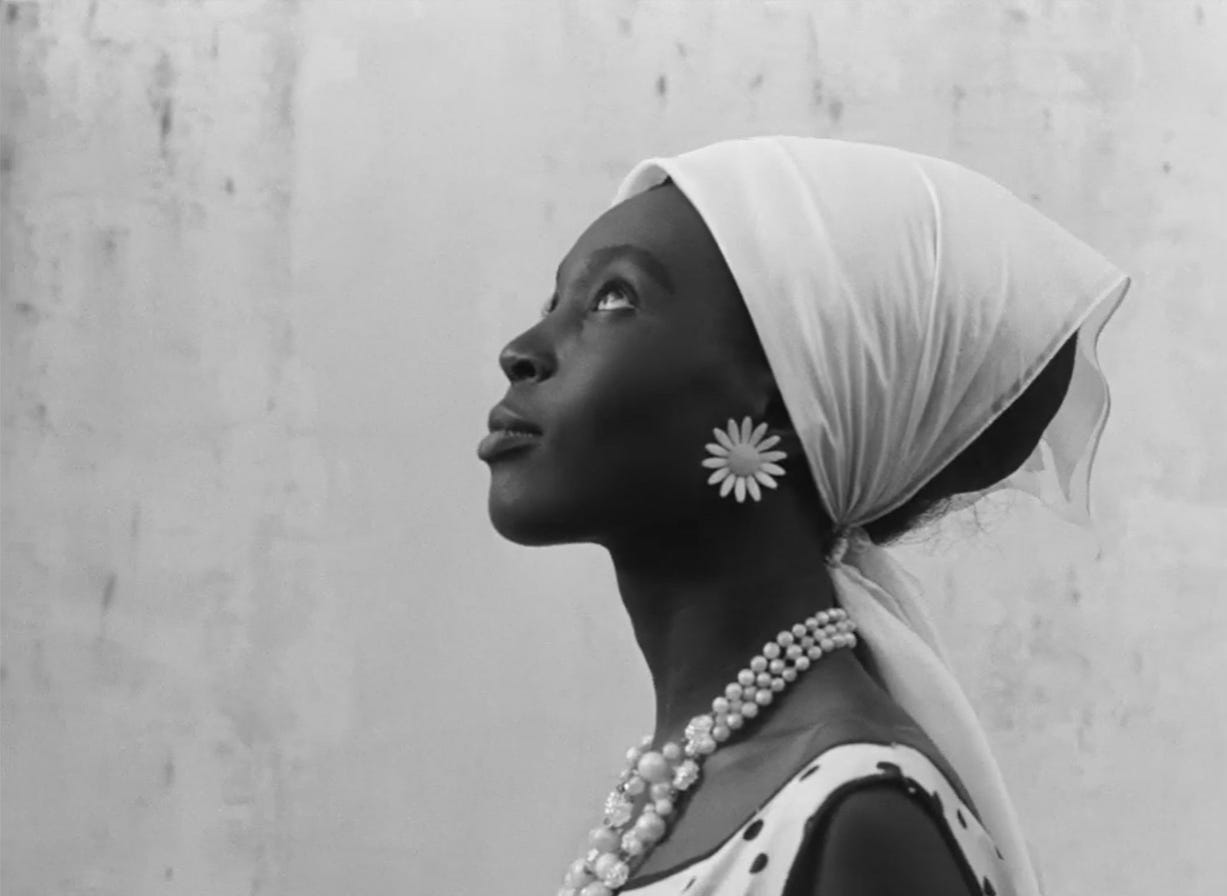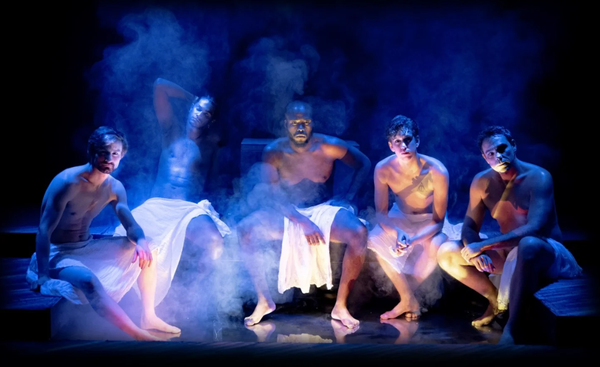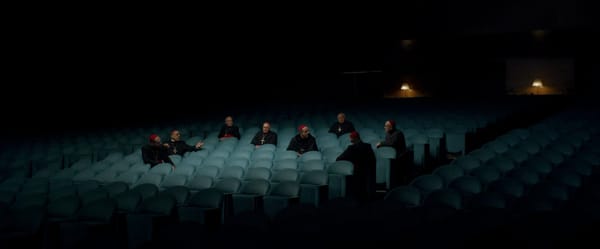The weight of human history
Caste: The Origins of Our Discontents
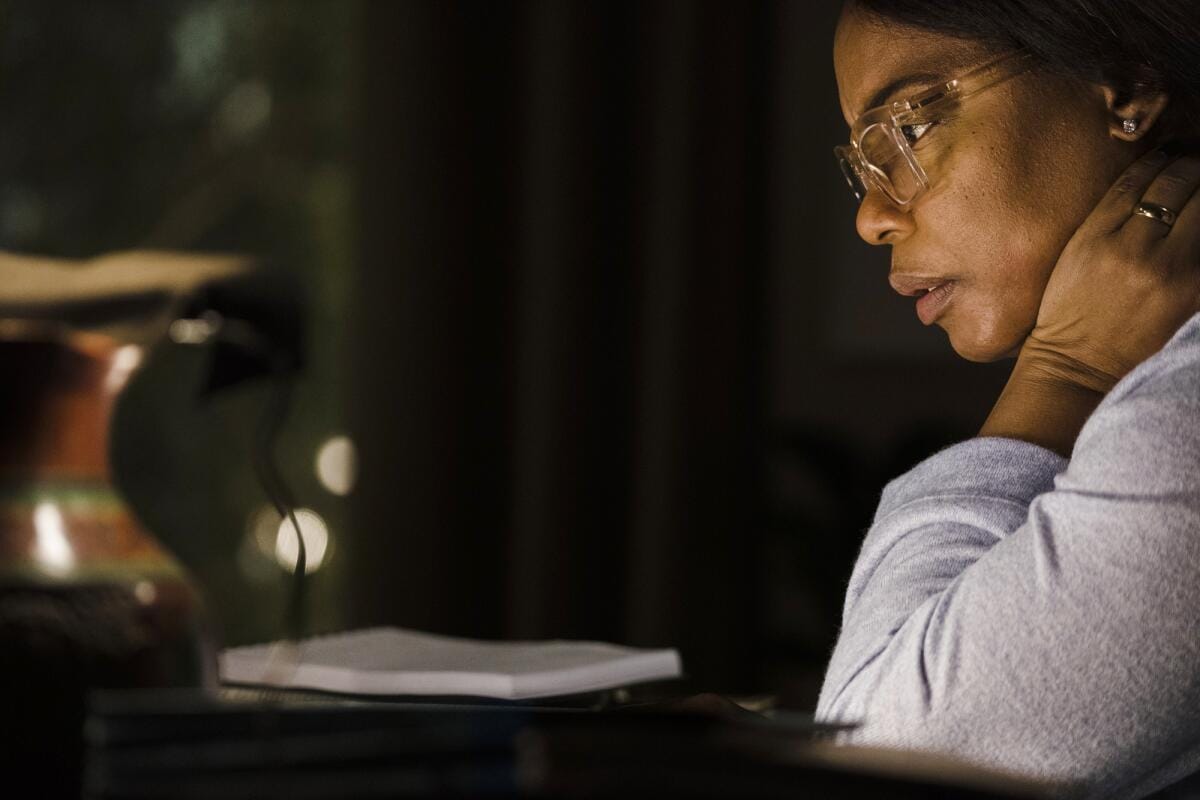
I’ve not cried in the cinema as much as I have this year.
During a recent cinema trip, a woman in the row behind me leaned over to ask if I was okay when the credits began. I could tell she watched the majority of that movie through tears not unlike myself and the person who sat in front of me.
The movie was Origin, Ava DuVernay’s biographical depiction of the Pulitzer Prize-winning journalist Isabel Wilkerson as she conceptualised, researched, and wrote her groundbreaking book Caste: The Origins of Our Discontents. Through interweaving Wilkerson’s own life with the key arguments and narratives in Caste, this on-screen dramatisation of the author and her work not only secures DuVernay as a world-class nonfiction filmmaker but also serves as a striking companion to the book’s objectives.
In her book, Wilkerson takes the reader through the history of oppressive systems, specifically in India, Nazi Germany, and the United States. But, more significantly, she demonstrates how these systems are interrelated and built on a common foundation.
Wilkerson explains that racism is an insufficient means of labelling systems of inequality. Instead, she makes the argument that caste is really what’s at work here:
“A caste system is an artificial construction, a fixed and embedded ranking of human value that sets the presumed supremacy of one group against the presumed inferiority of other groups.”
By using the framework of caste, we begin to see how the dehumanisation and subjugation of groups of people extend beyond social categories like race and class. Many of us can already recognise the artificiality of these hierarchies but Wilkerson manages to further expose how ingrained these divisions have become in society to the point that we’ve become programmed to no longer even perceive their structures:
“Caste is insidious and therefore powerful because it is not hatred, it is not necessarily personal. It is the worn grooves of comforting routines and unthinking expectations, patterns of a social order that have been in place for so long that it looks like the natural order of things.”
DuVernay, in her film, evokes these ideas visually. We see the unfathomable violations against people for merely existing and we can’t look away in the manner that’s so easily done in our everyday lives. The movie depicts both contemporary and historical events that trace the roots of why, for instance, a young Black person would be murdered for simply walking through a neighbourhood at night.
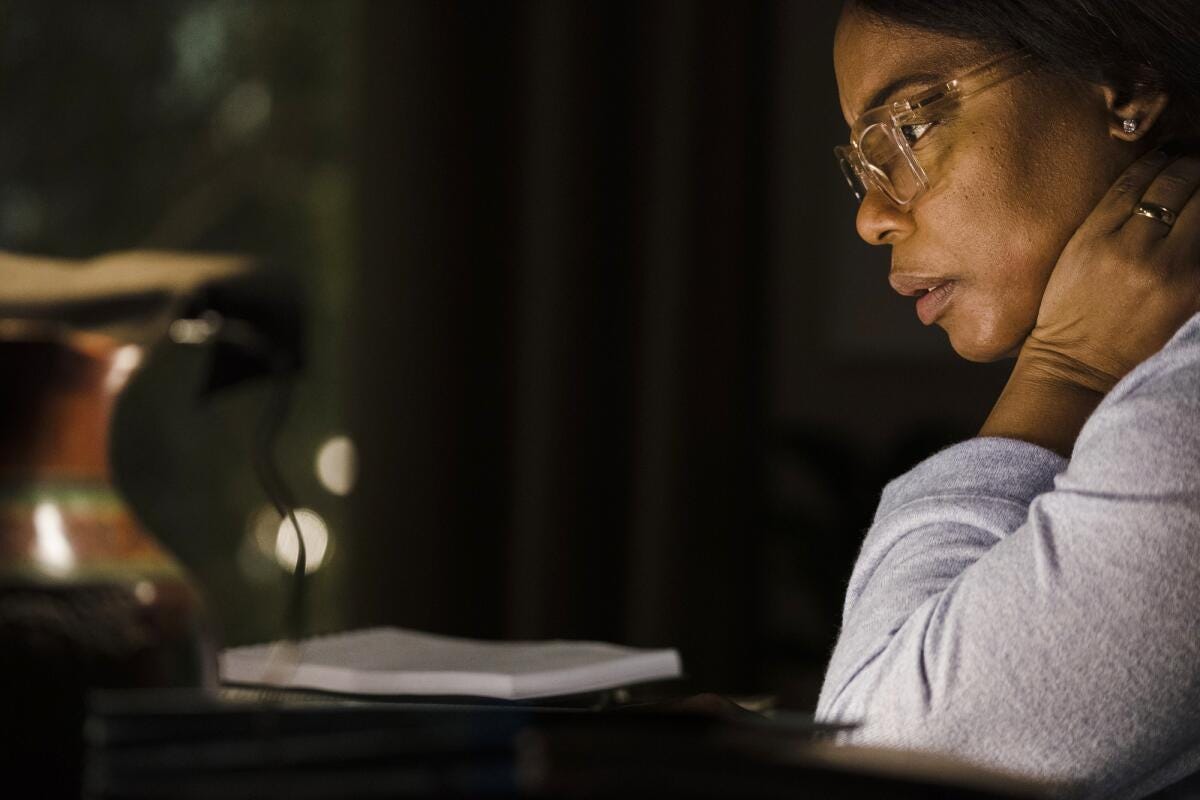
Origin is undoubtedly a heavy confrontation of the unceasing harm humans inflict on each other. It brings to the surface a multitude of atrocities by showing how systemic pains of inequality, discrimination, and violence interplay with the personal pains of loss, grief, and distress. Nonetheless, there’s a sense of hopeful relief to be found in works like Origin and Caste.
These works offer us an opportunity to tackle these facts not just in our conversations with others but also in the conversations we have with ourselves in our minds. They remind us that there are no straightforward answers or ways of understanding what we’ve allowed the world to come to. Yet, at the same time, by capturing these human histories they relieve us, somewhat, of keeping these traumas locked up inside of us.
The weight of human history — of human agony — is too heavy to be carried around with us every day. Perhaps there is a possibility of acknowledging its perpetual presence in our lives by allowing ourselves the space to feel infuriated, disappointed, and defeated but without losing sight of the pursuit of peace within and around us.
If you’ve found value, joy, or comfort in The Kulturalist, consider clicking the button below to support my work. Your generosity keeps the words flowing. Thank you for being here!
If you enjoyed reading this, you might also like this reflection on the seminal Senegalese film, Black Girl:
